Photo report: the Ocean Grazer
Together with company Ocean Grazer BV, the University of Groningen is working to develop the ‘Ocean Grazer’: a system to harvest and store energy from the sea. The Ocean Grazer harvests energy from waves on the water surface via an ingenious system of adaptive buoys, which together form a so called floater blanket. The buoys in turn drive pistons that provide a flexible bladder on the sea bed with potential energy. Internally, the system pumps water from a low to a high pressure. The pressure difference ensures energy storage in the pumped fluid. The Ocean Grazer also houses wind turbines and thus harvests multiple energy sources simultaneously, with on-site storage. Marijn van Rooij, project leader of the Ocean Grazer research project: ‘In principle, we can generate enough renewable energy globally, but storing energy to use it when demand is there is still a puzzle. With the Ocean Grazer, we can do that.’
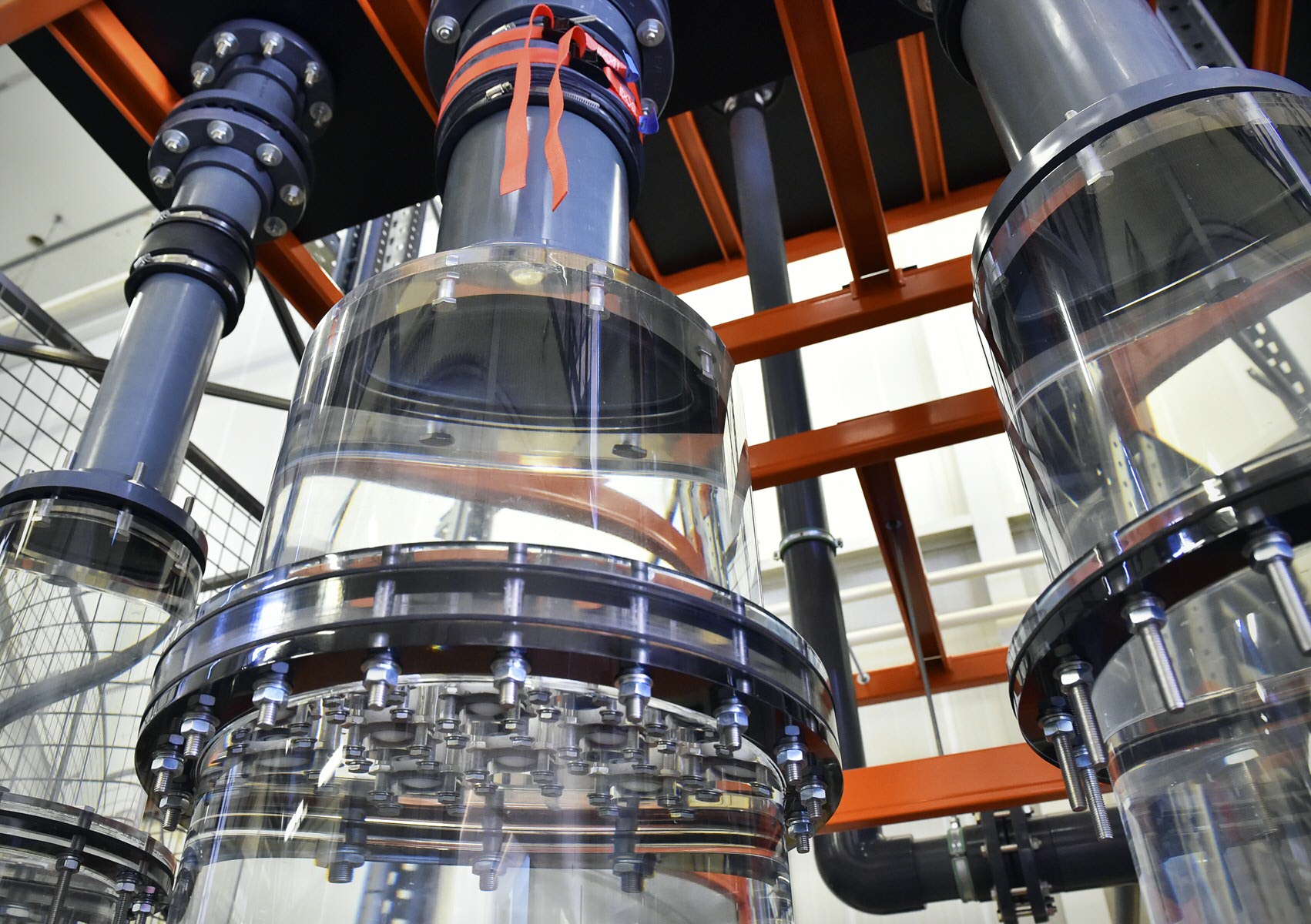
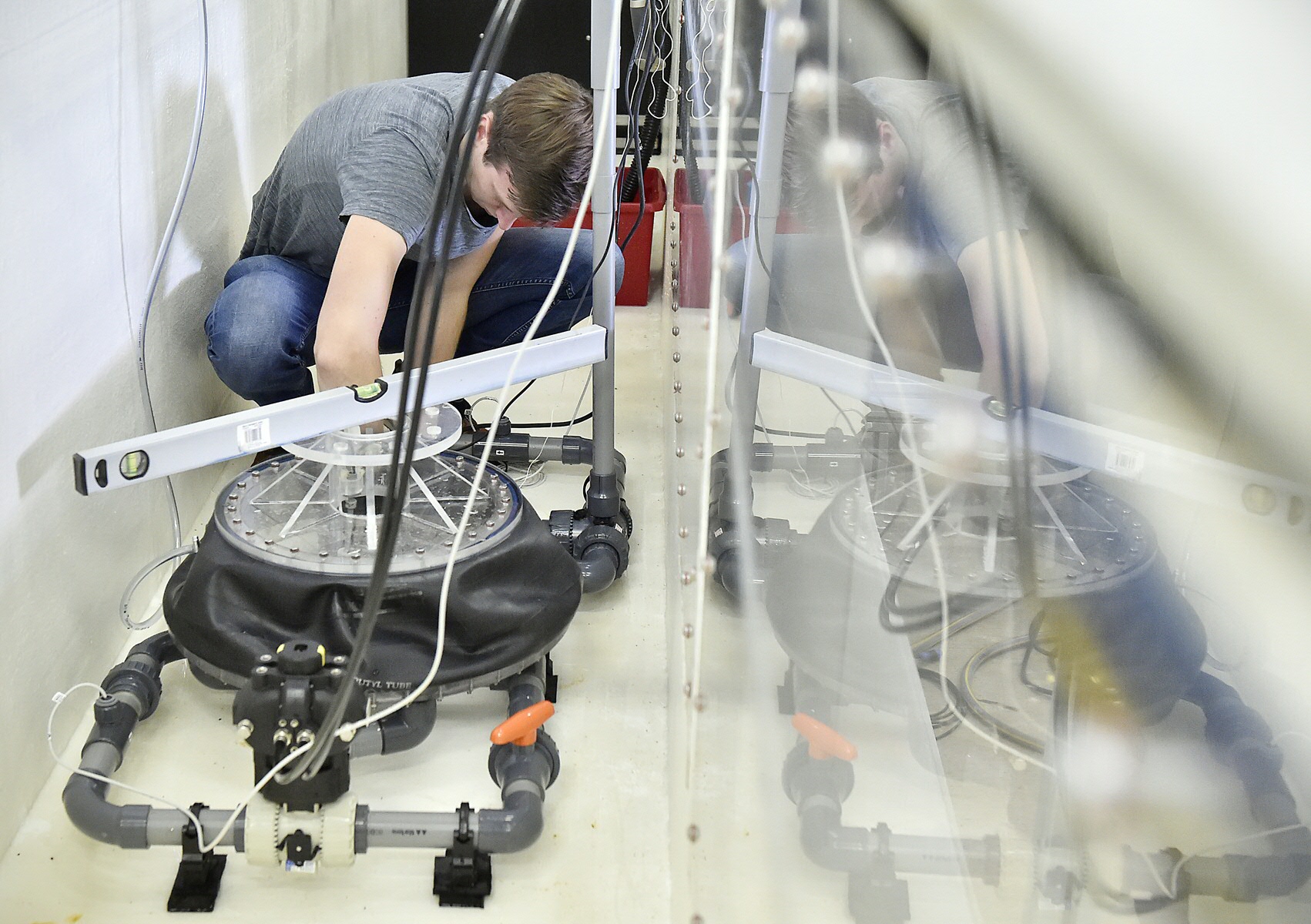
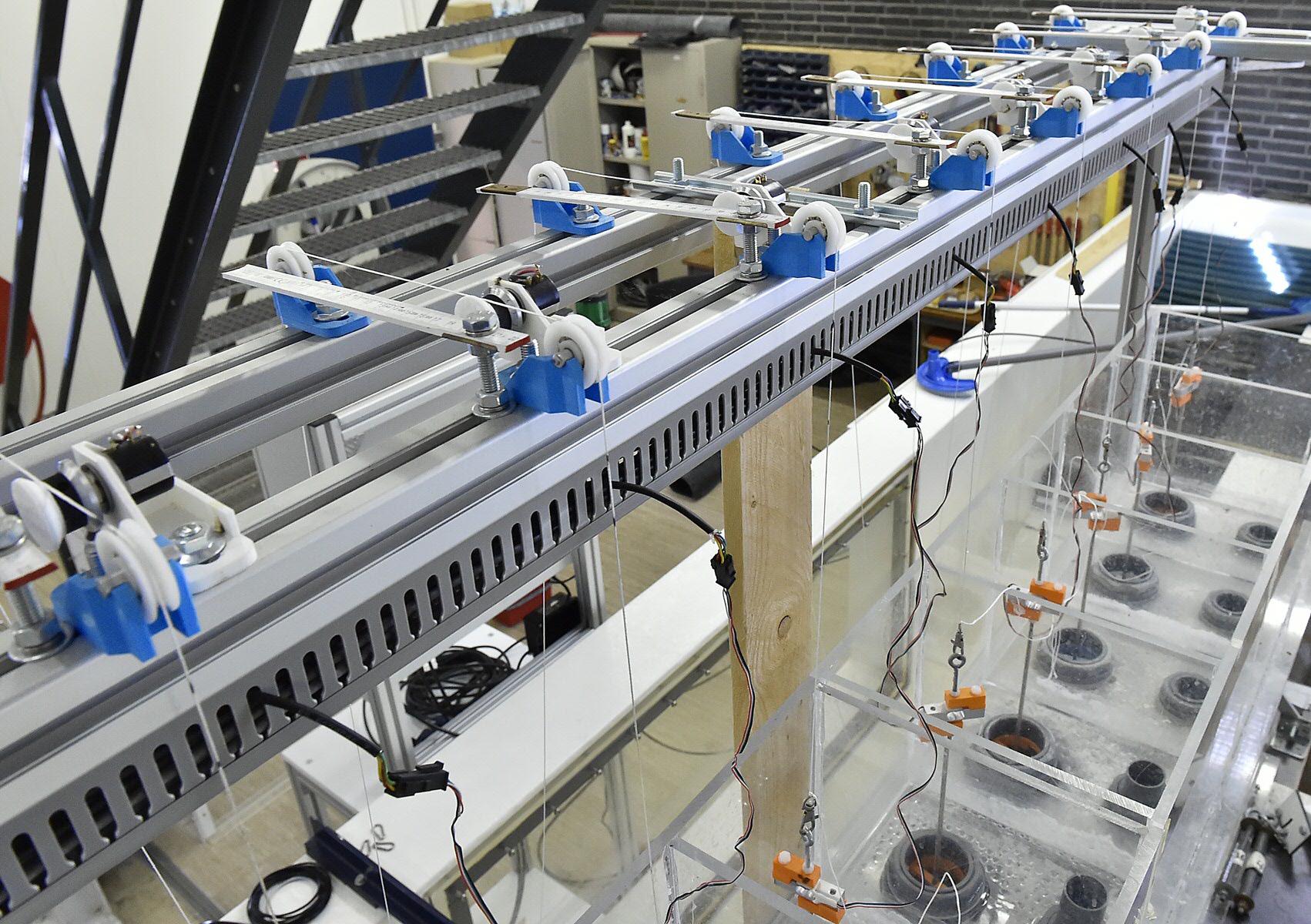
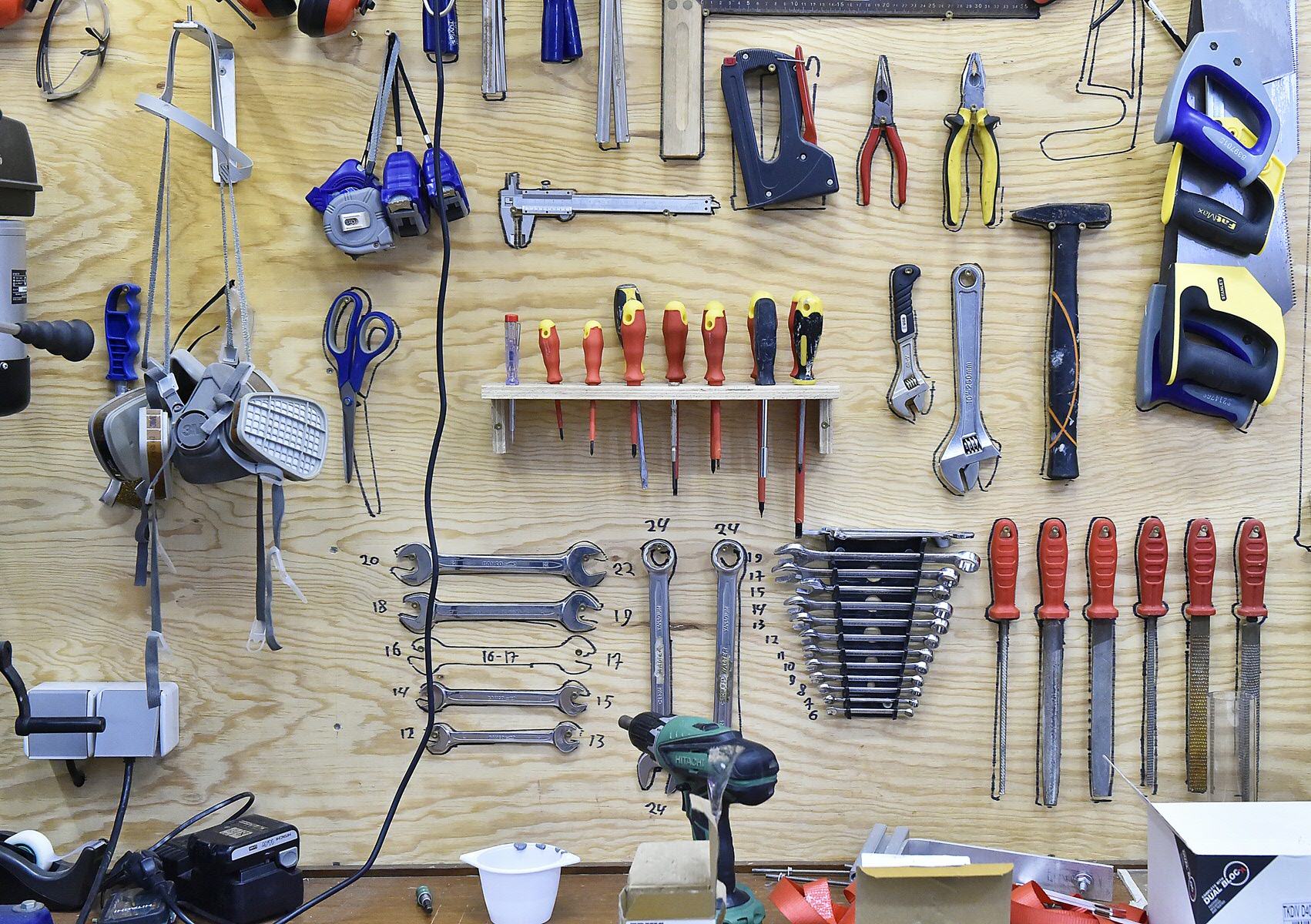
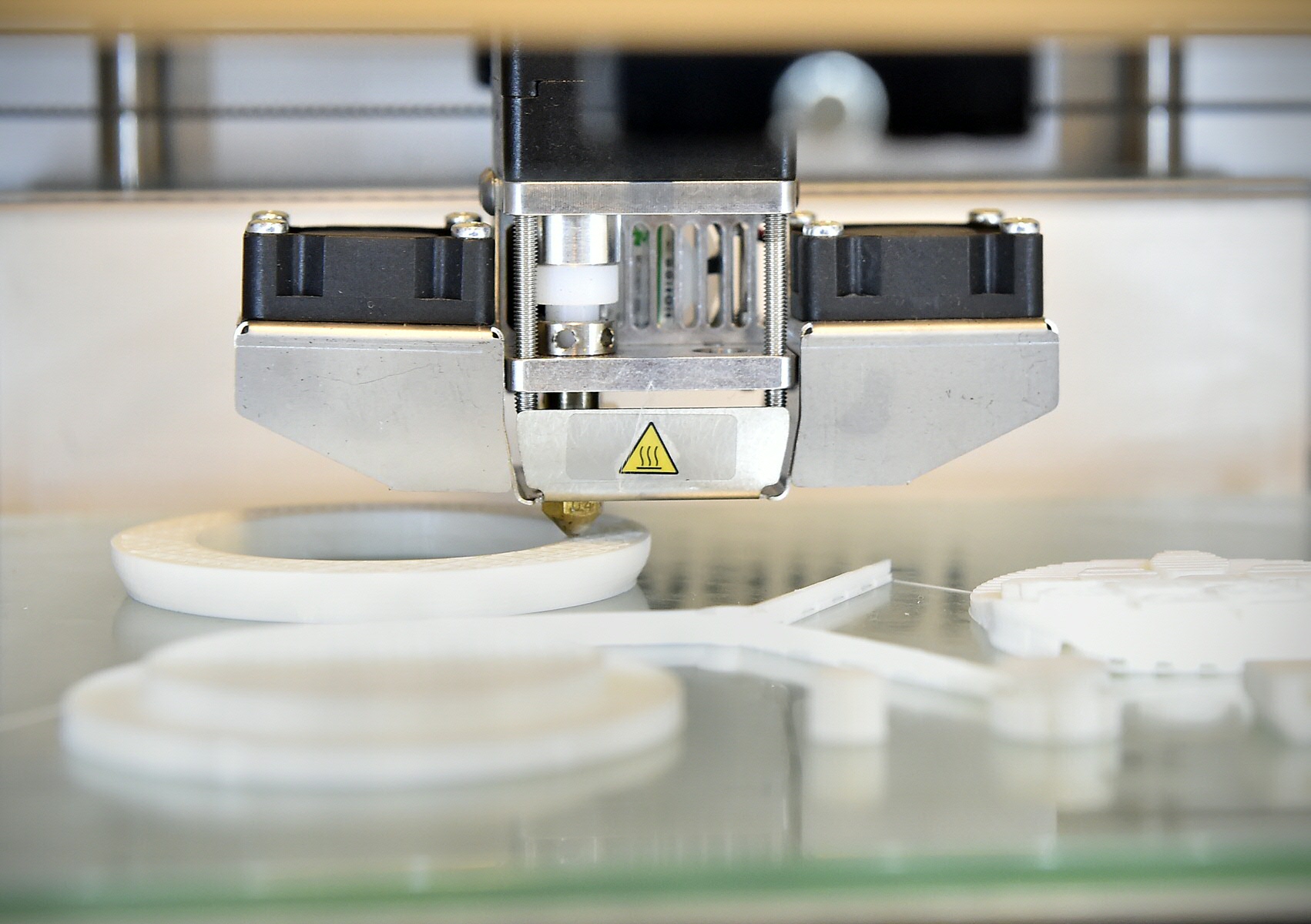
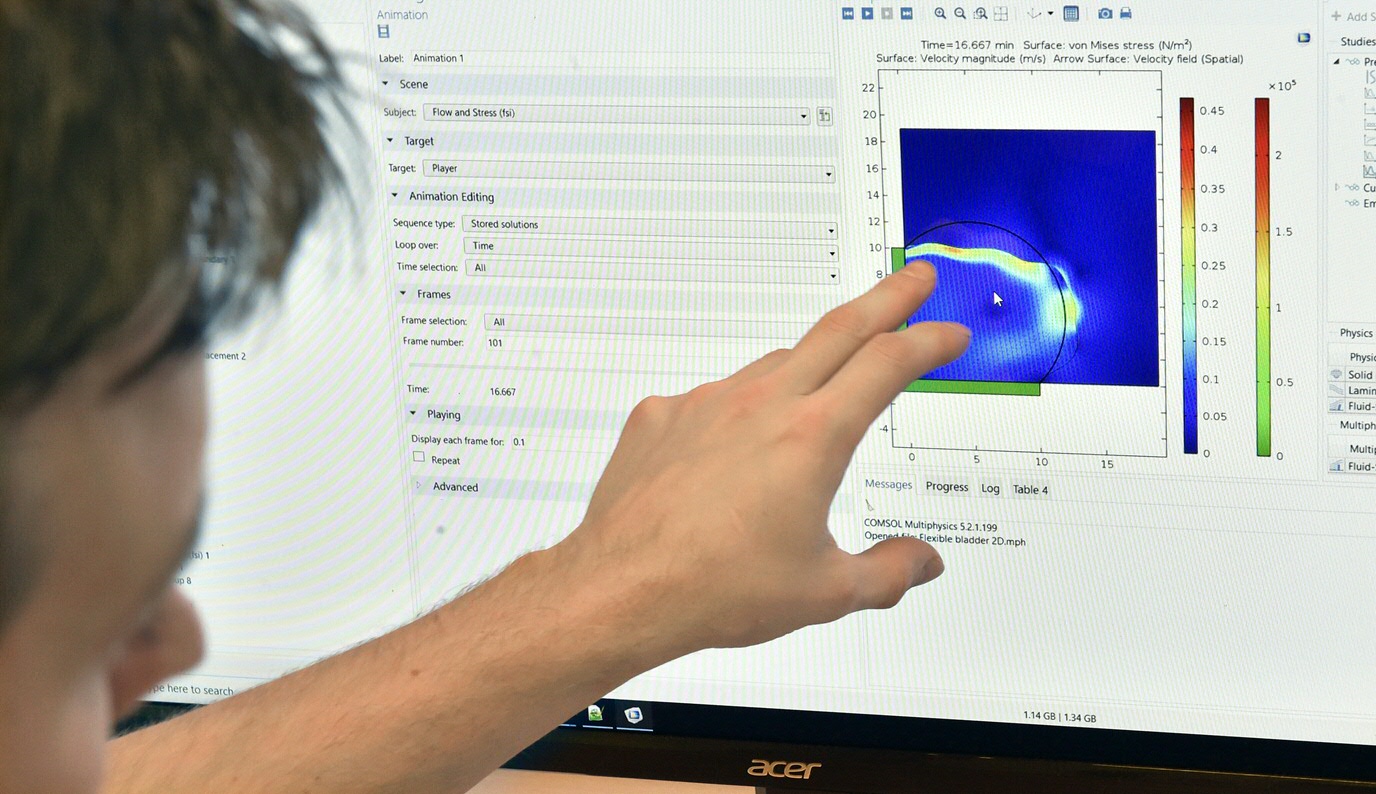
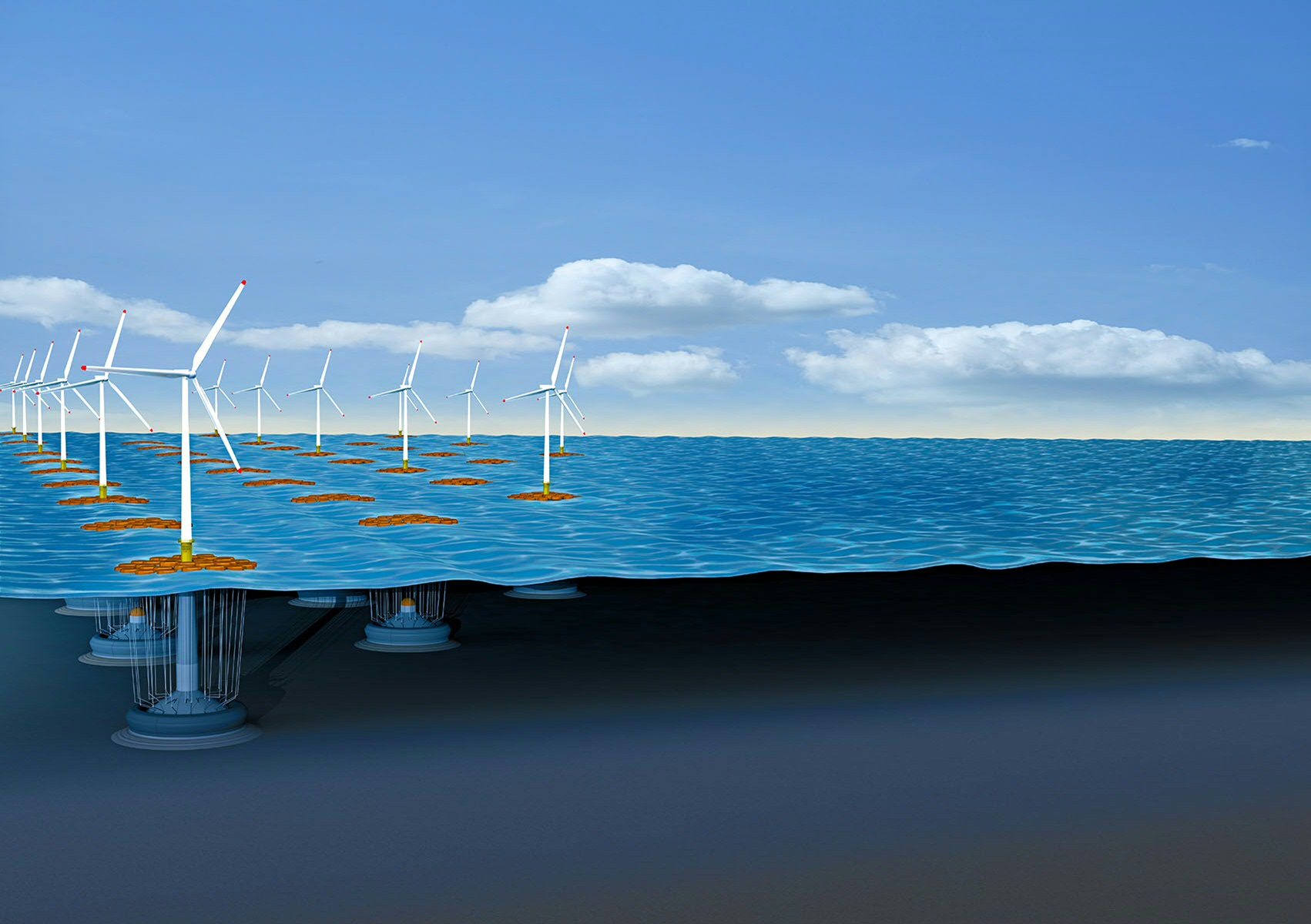
In the last four years, around 60 students have contributed to the research and development of the system. ‘What is great is that this isn’t only fundamental research, but that we can work out and test everything directly in practice: engineering in its optimal form!’ For the time being, the team is still working on the system. Van Rooij expects that a final version, with a base of 60 metres in diameter and a water depth of 50 to 100 metres, will be able to turn waves and wind into energy in around 10 years’ time. The storage system also works separately, and can therefore be put on the market earlier.
This photo report (photos by Elmer Spaargaren) gives you a look behind the scenes of the work at the Ocean Grazer project. You can find more information at the website of the Ocean Grazer.
More news
-
29 January 2026
Microplastic research - media hype or real danger?
-
27 January 2026
ERC Proof of Concept grant for Maria Loi
